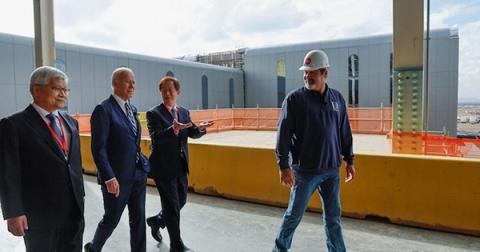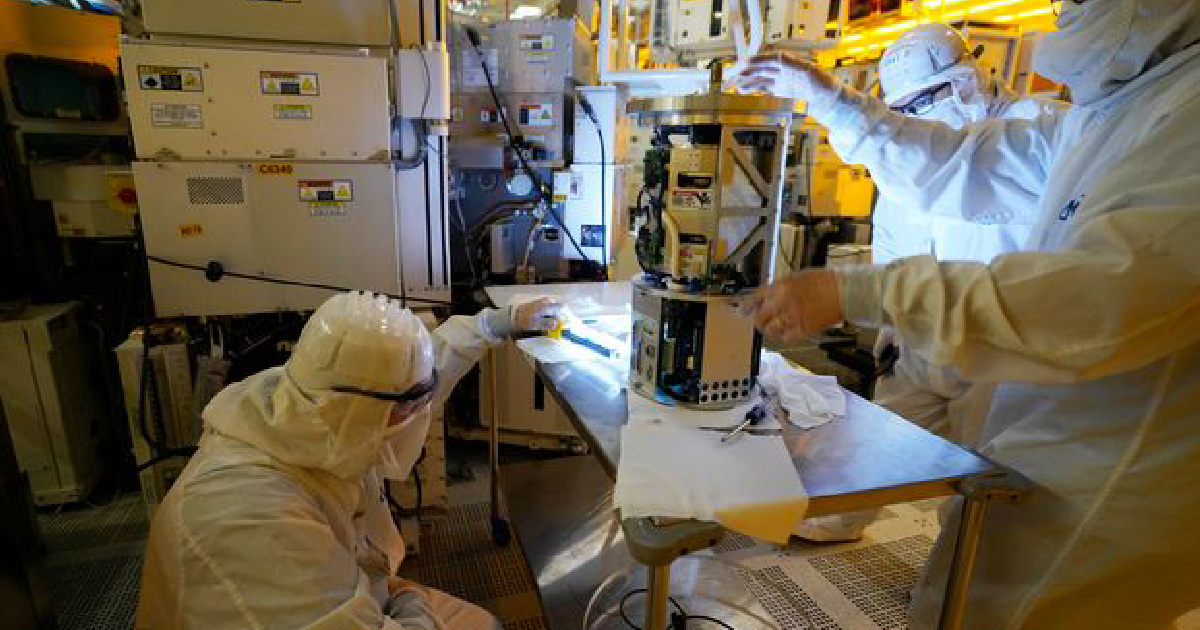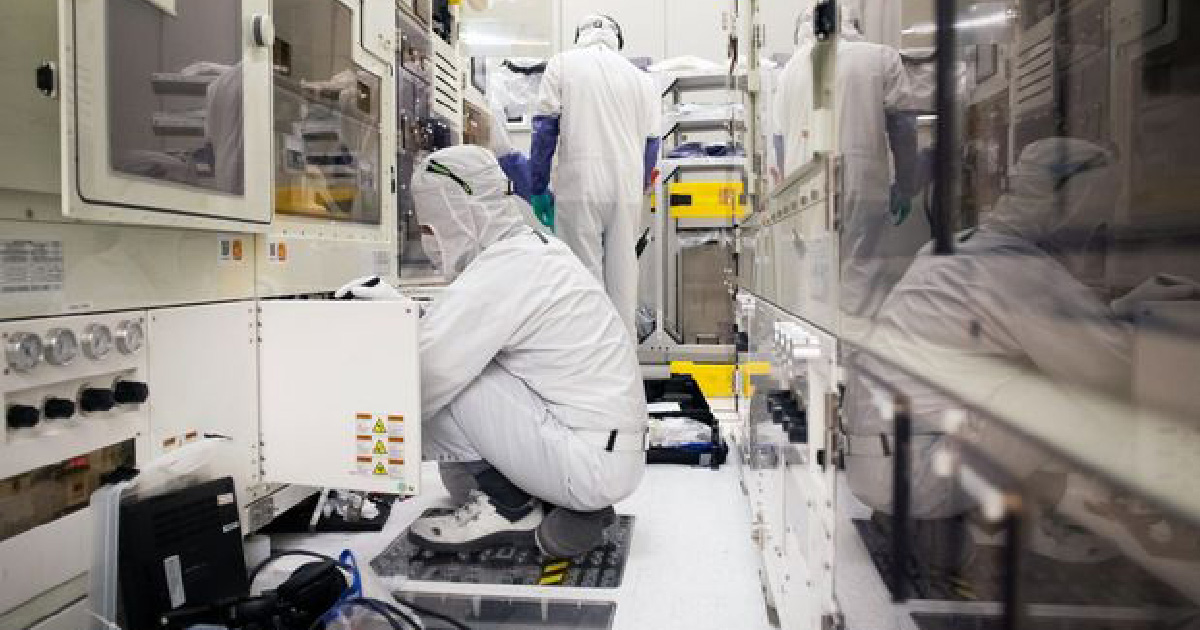
TSMC is being shaken by drastic changes in the international situation. Due to the increasingly sharp confrontation between China and the United States, the business facing mainland China will inevitably shrink. On the other hand, Japan, the United States and Europe are worried about the emergency situation in Taiwan and are stepping up to get rid of their dependence on TSMC for high-performance semiconductors. How does TSMC, which can be called "the world's most indispensable company", plan to overcome the ultimate risk that is related to the survival of the business?
It is inconvenient to disclose details now, but other (multiple) locations may also be considered - on November 19, TSMC founder Zhang Zhongmou represented Taiwan at the Asia-Pacific Economic Cooperation (APEC) leaders meeting held in Bangkok, Thailand, and on the same day Said so at a press conference held at the venue. This is his answer when he was asked whether TSMC might choose locations for new factories in addition to Arizona in the United States and Kumamoto Prefecture in Japan.
Zhang Zhongmou once pointed out that the cost of the United States and Japan is relatively high, and he has repeatedly expressed doubts about investment outside Taiwan, so this speech has attracted much attention.
More than two weeks later, on December 6, Zhang Zhongmou appeared at the construction site of a new factory in Arizona. The relocation ceremony of the manufacturing facility was held here, attended by U.S. President Joe Biden.
3nm cutting-edge semiconductors will be produced in the United States
TSMC also announced at the ceremony that it will build a new production line in the same plant in Arizona to manufacture cutting-edge semiconductors with transistor elements about 3 nanometers in size (1 nanometer is one billionth of a meter). .
TSMC also stated that its investment in the United States will increase. In addition to the US$12 billion of the 4-nanometer factory currently under construction, an additional US$28 billion will be added, and the total investment will reach US$40 billion.
"American manufacturing is back!" Biden said proudly in his speech at the ceremony.
In the mid-2010s, Intel, once the leader of the semiconductor industry, encountered setbacks in the establishment of 10nm manufacturing technology, and then began to lag behind TSMC and Samsung Electronics in South Korea in terms of fineness. After entering the 2020s, TSMC has achieved stable mass production of 5nm products, leaving Samsung to take the lead. At present, TSMC occupies more than 90% of the 5nm product market, and Samsung, which owns the rest, is chasing after it. The 3-nanometer products that will be mass-produced in Taiwan within this year seem to have received orders from major customers such as Apple.
TSMC's Arizona plant is scheduled to start production in 2024. Initially planned to mass-produce 5-nanometer products, but later changed to mass-produce 4-nanometer products that are currently on track in Taiwan. The construction of a 3nm factory will also be promoted at the same time. The U.S. will become a production base for products that are only one generation behind Taiwan in technology.
Before this spring, Zhang Zhongmou had been clearly skeptical of TSMC's management's idea of planning to formally produce in the United States. What made this impression on the world was a statement he made during a podcast interview co-hosted by the Brookings Institution and the Center for Strategic and International Studies (CSIS) in April.
Zhang Zhongmou pointed out in the interview that TSMC's factory in Washington State, USA has made unremitting efforts since 1998, but it still needs to cost 1.5 times the cost of Taiwan to manufacture the same product. He asserted that the Arizona project could not create an internationally competitive production base. He also firmly stated that if there is no emergency in Taiwan, it will be a useless investment that costs huge sums of money.
Zhang Zhongmou also pointed out that in case of an emergency in Taiwan, the United States would not care about semiconductors. He emphasized that the Arizona plant was "forced" by the U.S. government to build. It was not the retired himself who made this decision, but the current chairman of (TSMC). It is easy to see that, as an operator, Zhang Zhongmou obviously cannot accept the lack of economic rationality.


